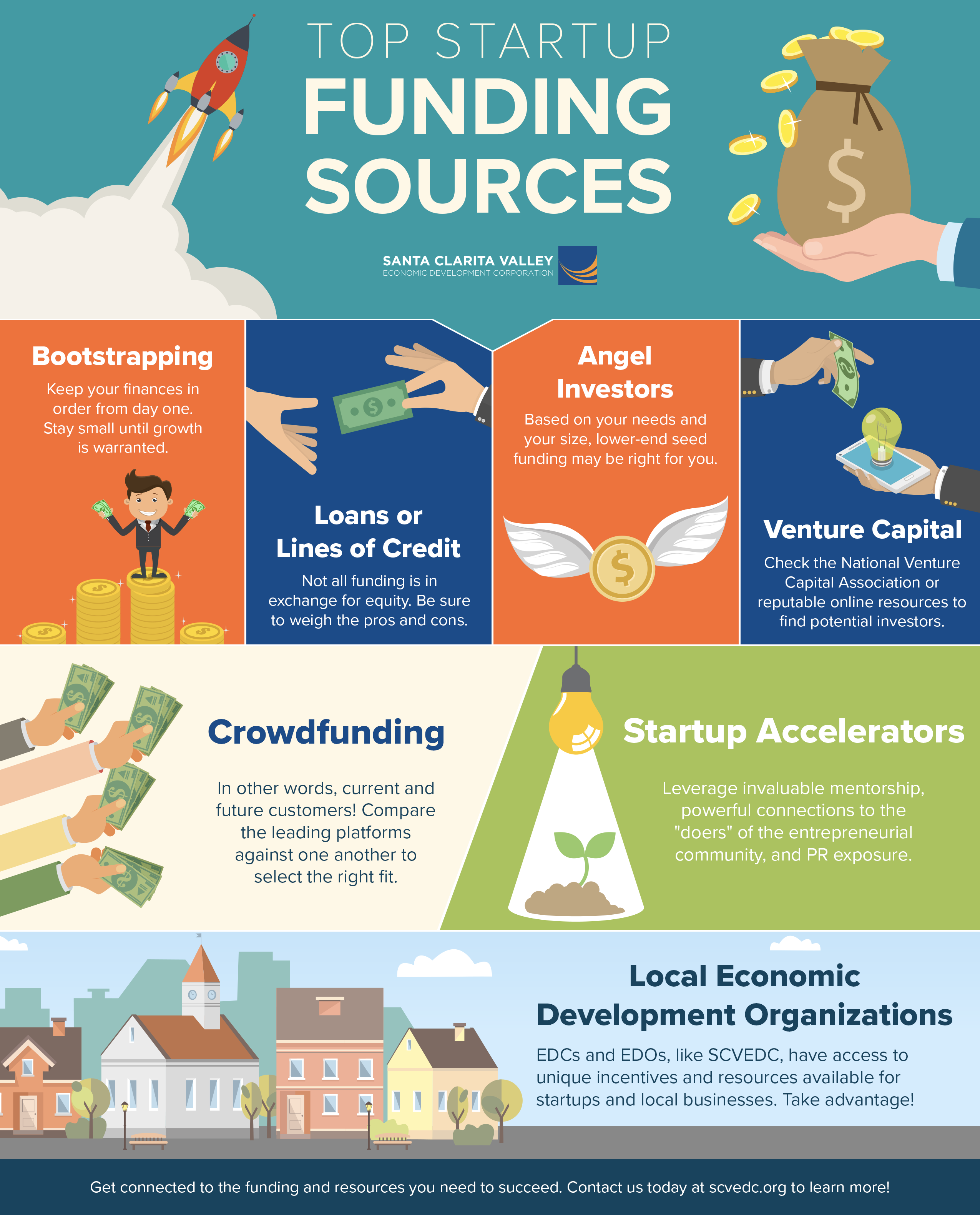Startup Funding Options for New Businesses
Starting a new business is an exhilarating journey. However, every entrepreneur quickly realizes that the lifeblood of their startup is funding. Without the right financial backing, even the most innovative ideas can struggle to get off the ground. This guide will walk you through various startup funding options for new businesses, helping you identify the best choice to fuel your vision.
Why Is Startup Funding Crucial?
Funding is more than just capital—it’s the foundation that allows a startup to evolve from concept to execution. With adequate resources, businesses can:
- Develop products or services to meet market demands.
- Invest in marketing campaigns to build visibility and attract customers.
- Hire and retain top talent.
- Manage operational costs during early growth phases.
Pro Tip: At DUYTHIN.DIGITAL, we’ve automated tools to assist startups with Google SEO strategies and social media management, helping them maximize their limited budgets.
Self-Funding and Personal Networks
Bootstrapping: Leveraging Personal Savings
Bootstrapping involves using your personal savings to finance your startup. This option allows you to maintain full control over your business without outside interference. However, it comes with the challenge of balancing personal financial risk with long-term potential rewards.
Example: Many tech entrepreneurs initially bootstrap their ventures, reinvesting profits to grow sustainably.
Advantages:
- No debt or interest to manage.
- Complete ownership and control.
Disadvantages:
- Financial strain if personal savings are insufficient.
Friends and Family: Balancing Trust and Business
Turning to friends and family is another common method for raising funds. A transparent agreement is essential to protect relationships while ensuring expectations are clear.
- Tip: Create a written contract outlining repayment terms or equity stakes to maintain accountability.

Traditional Financing Methods
Bank Loans: Opportunities and Limitations
Banks have long been the go-to for traditional business loans. Programs like the Small Business Administration (SBA) Microloans offer up to $50,000 for equipment or working capital. These loans are particularly useful for startups with a solid business plan.
Pros:
- Competitive interest rates.
- Structured repayment schedules.
Cons:
- Strict qualification criteria.
- Collateral may be required.
External Resource: Learn more about SBA Microloan Programs.
Credit Cards: Managing Risks and Rewards
Credit cards provide flexibility for smaller expenses like marketing campaigns or equipment purchases. While convenient, their high interest rates require careful management.
Benefits:
- No need to justify expenses.
- Quick access to funds.
Caution: Excessive reliance on credit cards can lead to mounting debt, making it vital to plan repayment carefully.
Alternative Lending Options
Microlenders: A Lifeline for Startups
Microlenders like nonprofit organizations often cater to businesses that don’t qualify for traditional loans. Their terms are typically more favorable, focusing on startups in niche industries or underserved markets.
- Fact: Microlenders often emphasize social impact, making them a perfect fit for startups with community-focused missions.
Popular microlenders:
- Kiva
- Accion Opportunity Fund

Fintech Lenders: Innovative and Accessible
Fintech platforms such as LendingClub or Upstart have revolutionized business lending. Their streamlined, online application processes make funding accessible for tech-savvy entrepreneurs.
Did You Know? Fintech lenders often rely on non-traditional metrics like your business’s online presence or sales history to determine eligibility.
Equity Financing: A Growth Catalyst
Angel Investors: Mentorship and Capital
Angel investors bring more than money to the table. These high-net-worth individuals often provide invaluable mentorship and industry connections alongside capital.
Key Benefits:
- Expertise and guidance.
- Potential for large funding amounts.
Challenge: Sharing equity means relinquishing some level of control, so ensure you’re aligned with the investor’s vision.
External Resource: Discover how to find angel investors.
The second half of the article will explore venture capital, crowdfunding, and government grants, guiding you further into securing the financial future of your business. Stay tuned for part two, where we’ll dive deeper into selecting the ideal funding mix for your startup journey.

